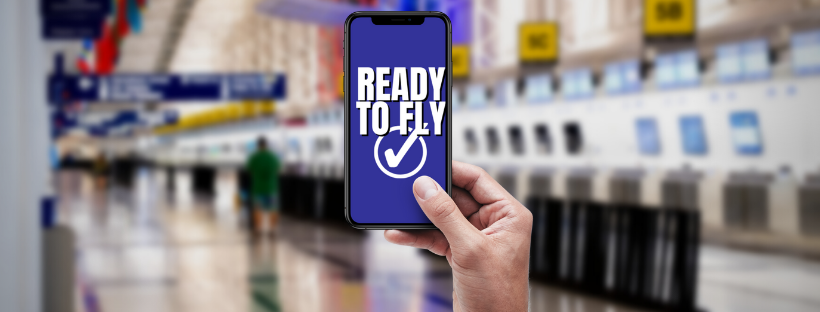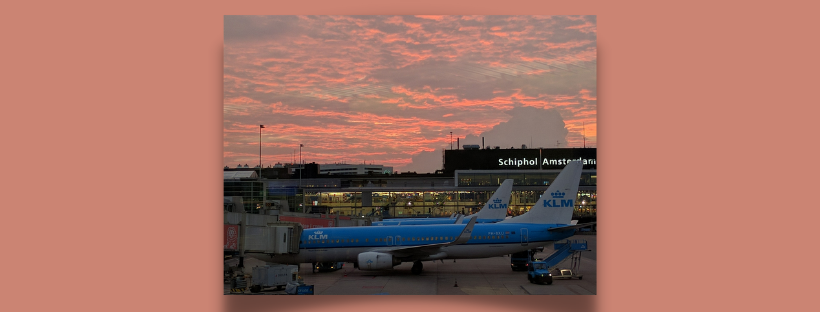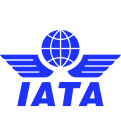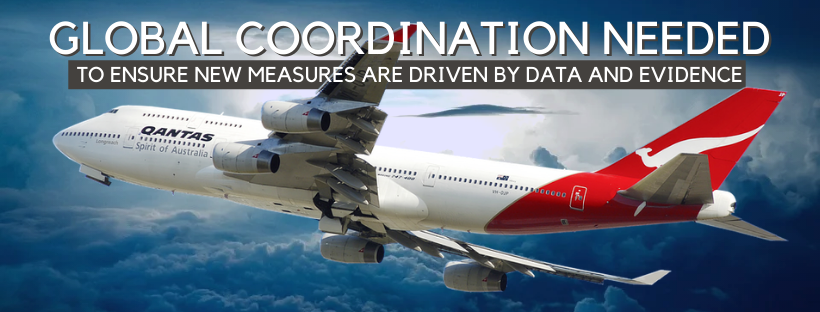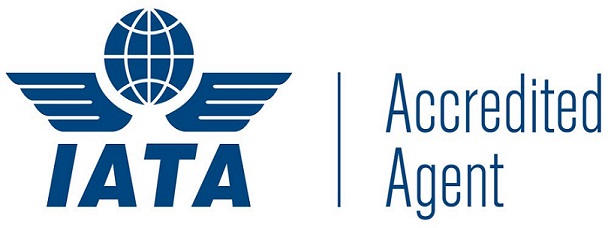Arriving at the airport ‘Ready to Fly’ is closer to reality
The International Air Transport Association (IATA) has developed industry standards which aim to have travellers arrive at airports “ready-to-fly”.
The newly released Recommended Practice on Digitalization of Admissibility will enable travellers to prove admissibility to an international destination digitally, avoiding a stop at the check-in desk or boarding gate for document checks.
Under the One ID initiative airlines are working with IATA to digitalise the passenger experience at airports with contactless biometric-enabled processes.
Programmes are already in use in various airports enabling travellers to move through airport processes such as boarding without producing paper documentation because their boarding pass is linked to a biometric identifier. But in many cases travellers would still have to prove their admissibility at a check-in desk or boarding gate with physical checks of paper documentation (passports, visas and health credentials for example).
The Digitalization of Admissibility standard will advance the realization of One ID with a mechanism for passengers to obtain all necessary pre-travel authorizations directly from governments before their trip, digitally. By sharing the “OK to Fly” status with their airline, travellers can avoid all on-airport document checks.
Nick Careen, IATA’s Senior Vice President for Operations, Safety and Security said,
Passengers want technology to make travel simpler. By enabling passengers to prove their admissibility to their airline before they get to the airport, we are taking a major step forward.
The recent IATA Global Passenger survey found that 83% of travellers are willing to share immigration information for expedited processing.
That is why we are confident this will be a popular option for travellers when it is implemented. And there is good incentive for airlines and governments as well with improved data quality, streamlined resourcing requirements and identification of admissibility issues before passengers get to the airport.
The new standards have been developed to protect passengers’ data and ensure that travel remains accessible to all.
Passengers remain in control of their data and only credentials (verified approvals, not the data behind them) are shared peer-to-peer (with no intermediary party).
This is interoperable with the International Civil Aviation Organization’s (ICAO) standards, including those for the Digital Travel Credential.
Manual processing options will be retained so that travellers will have the ability to opt out of digital admissibility processing.
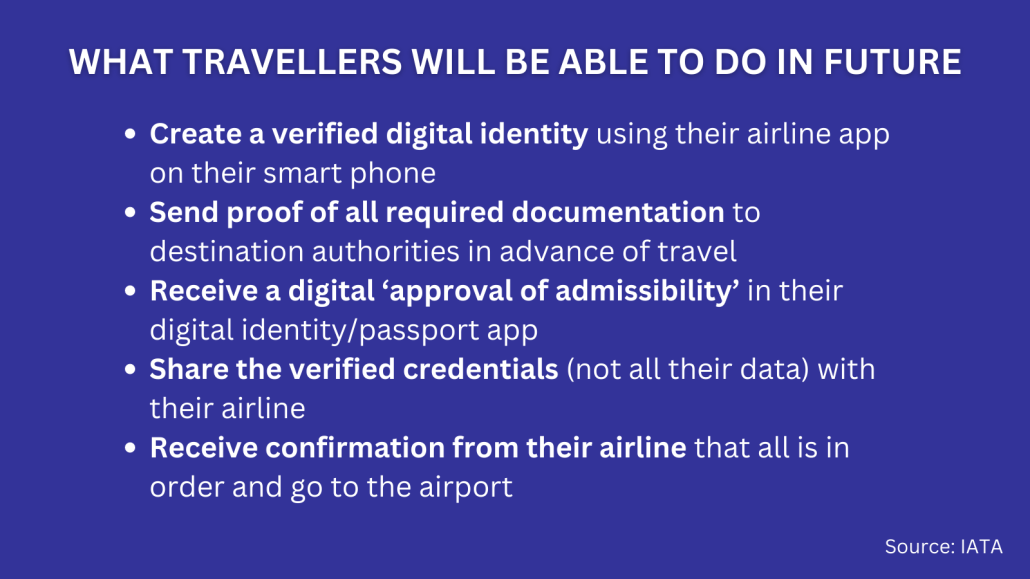
Louise Cole, IATA’s Head Customer Experience and Facilitation said,
Travelers can be confident that this process will be both convenient and secure.
A key point is that information is shared on a need-to-know basis. While a government may request detailed personal information to issue a visa, the only information that will be shared with the airline is that the traveller has a visa and under which conditions.
By keeping the passenger in control of their own data, no large databases are being built that need protecting. By design we are building simplicity, security and convenience.

